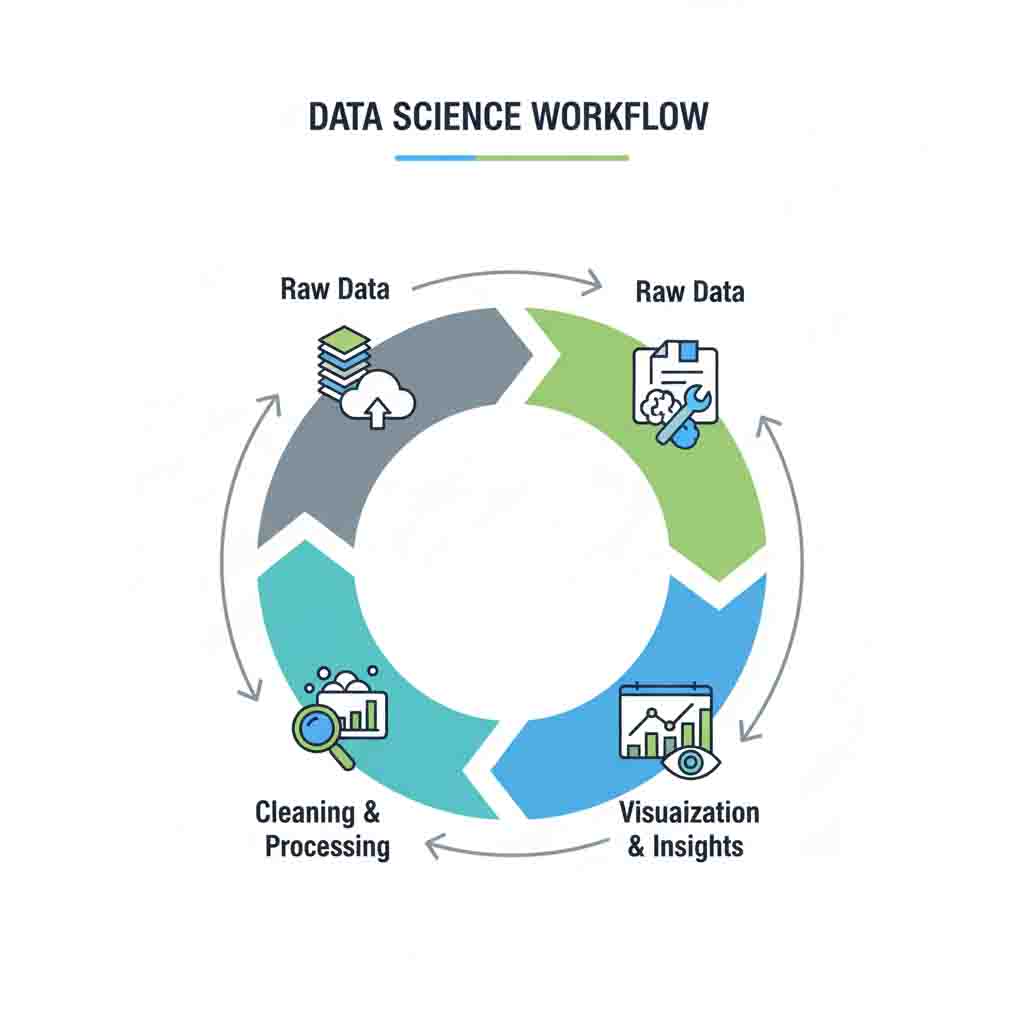Navigating the U.S. job market requires a specific set of skills that go beyond formal qualifications. American employers highly value a combination of practical abilities, personal attributes, and a proven track record. Understanding and developing these skills can significantly enhance your career prospects.
Here are some of the most sought-after skills and how you can build them.
1. Problem-Solving Skills: Your Greatest Asset
The number one skill valued by U.S. employers is the ability to solve problems effectively . Companies seek individuals who can handle complex challenges, analyze situations, and implement practical solutions.
How to Develop This Skill:
-
Tackle Complex Projects: Volunteer for projects outside your comfort zone that require critical thinking.
-
Practice Analytical Thinking: Break down large problems into smaller, manageable parts to find the root cause.
-
Learn from Failure: Analyze situations where things didn’t go as planned and identify what you would do differently.
2. Communication: The Bridge to Effective Collaboration
Strong communication skills are essential in the diverse and fast-paced American workplace. This includes clearly articulating your ideas in meetings, writing professional emails, and actively listening to colleagues and clients.
How to Develop This Skill:
-
Practice Public Speaking: Join clubs like Toastmasters to gain confidence in speaking to groups.
-
Seek Feedback: Ask trusted colleagues for honest feedback on your communication style.
-
Write with Clarity: Proofread all written communication to ensure it is concise, professional, and error-free.
3. Teamwork: Achieving More Together
U.S. companies place a strong emphasis on collaboration and teamwork. Employers look for people who can work effectively in a team, contribute to a positive group dynamic, and support their colleagues.
How to Develop This Skill:
-
Be a Reliable Team Player: Meet your deadlines and commitments to build trust with your team.
-
Embrace Diverse Perspectives: Value input from all team members and encourage collaborative decision-making.
-
Manage Conflict Constructively: Focus on finding solutions rather than placing blame when disagreements arise.
4. Leadership and Initiative: Standing Out
Leadership is not just for managers; it’s about taking ownership and influencing outcomes -7. Showing initiative by identifying opportunities for improvement and proactively addressing issues is highly valued.
How to Develop This Skill:
-
Take Ownership: Go beyond your job description by identifying and solving problems without being asked.
-
Mentor Others: Share your knowledge and help onboard new colleagues.
-
Propose Solutions: Don’t just identify problems—come to the table with well-thought-out solutions.
A Framework for Continuous Skill Development
Building these skills is an ongoing process. Here is a simple framework you can follow:
-
Self-Assess: Honestly evaluate your current proficiency in each of these skill areas.
-
Set Goals: Identify one or two skills to focus on improving over the next quarter.
-
Find Opportunities: Look for projects, assignments, or training programs that allow you to practice.
-
Seek Feedback: Regularly check in with a mentor or manager to gauge your progress.
By focusing on these core competencies, you will position yourself as a valuable asset in the competitive U.S. job market.
Official Data Source: U.S. Bureau of Labor Statistics (for context on occupational skills and employment trends)


